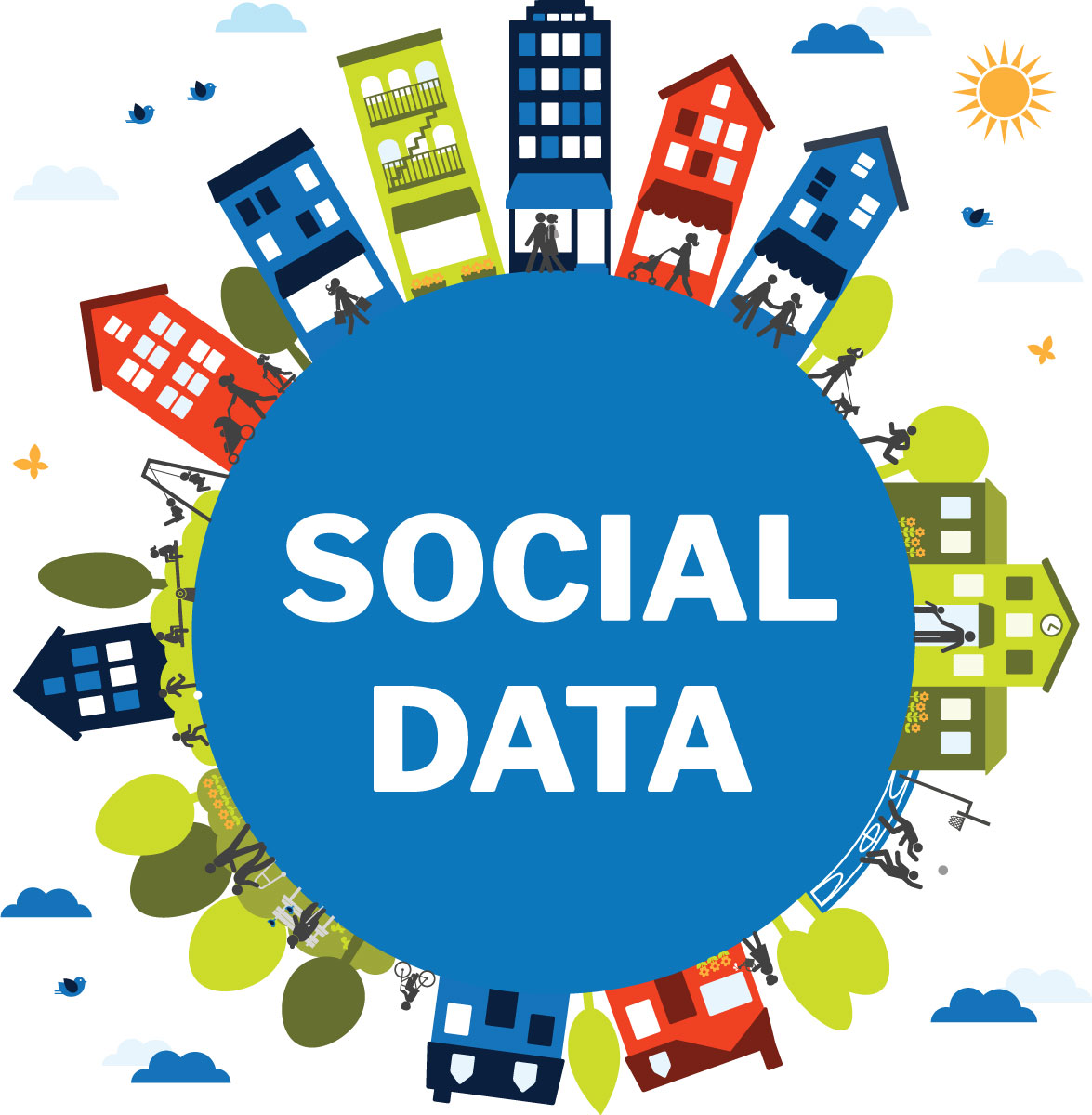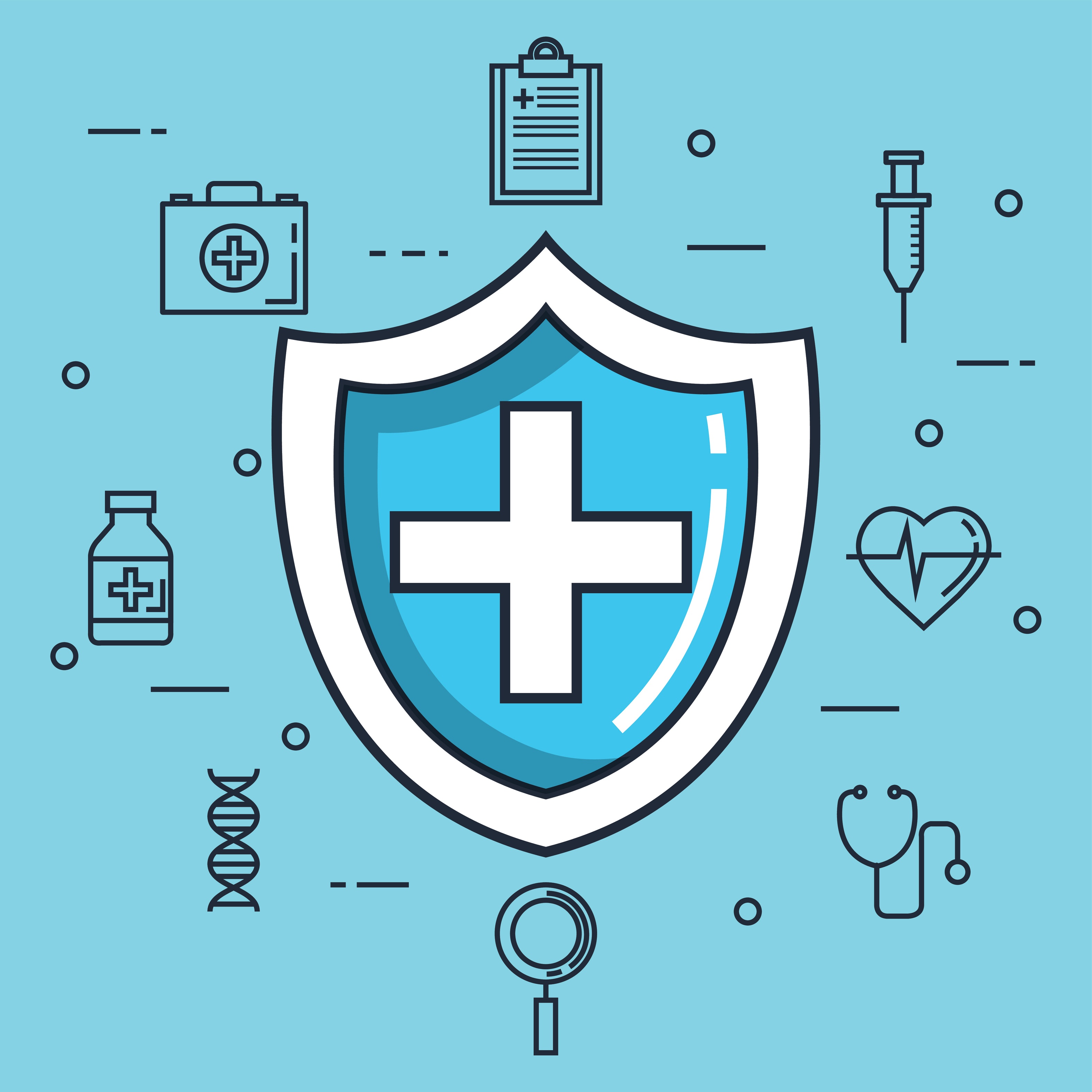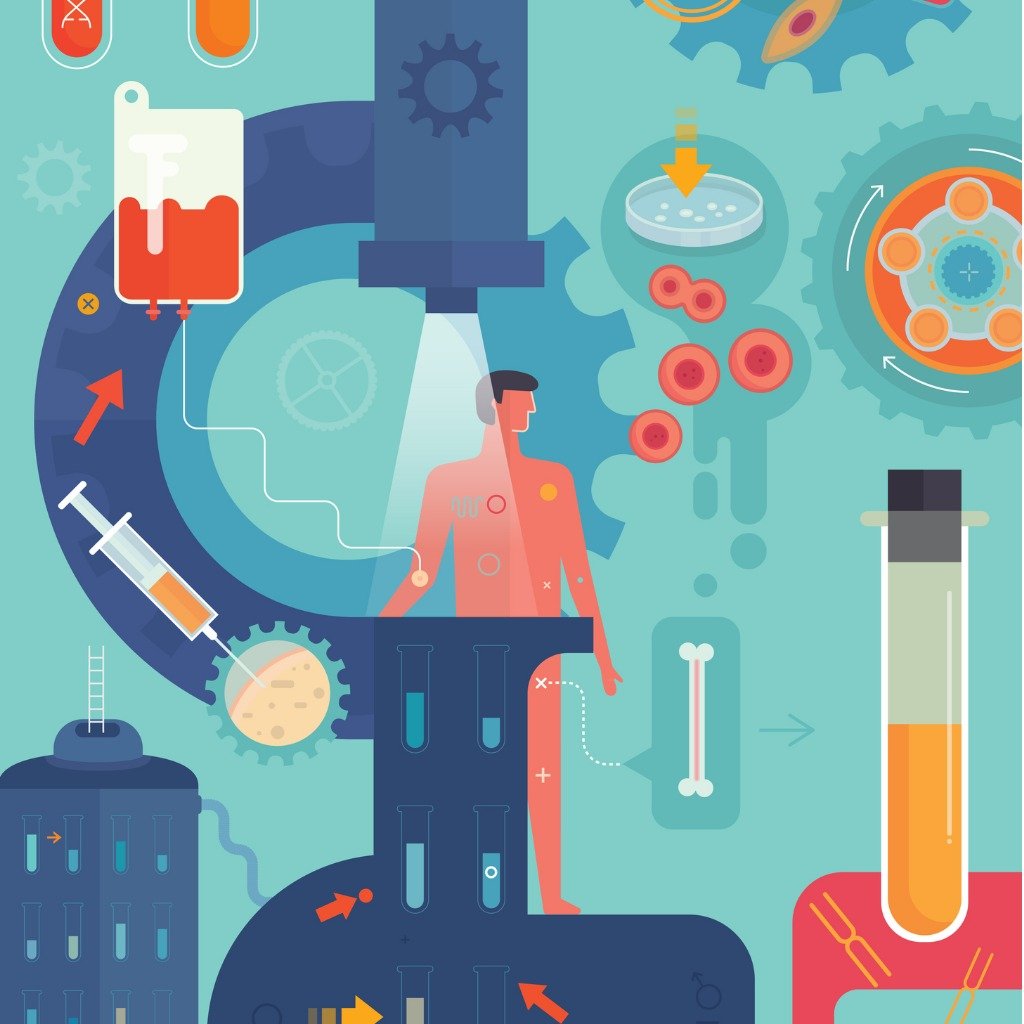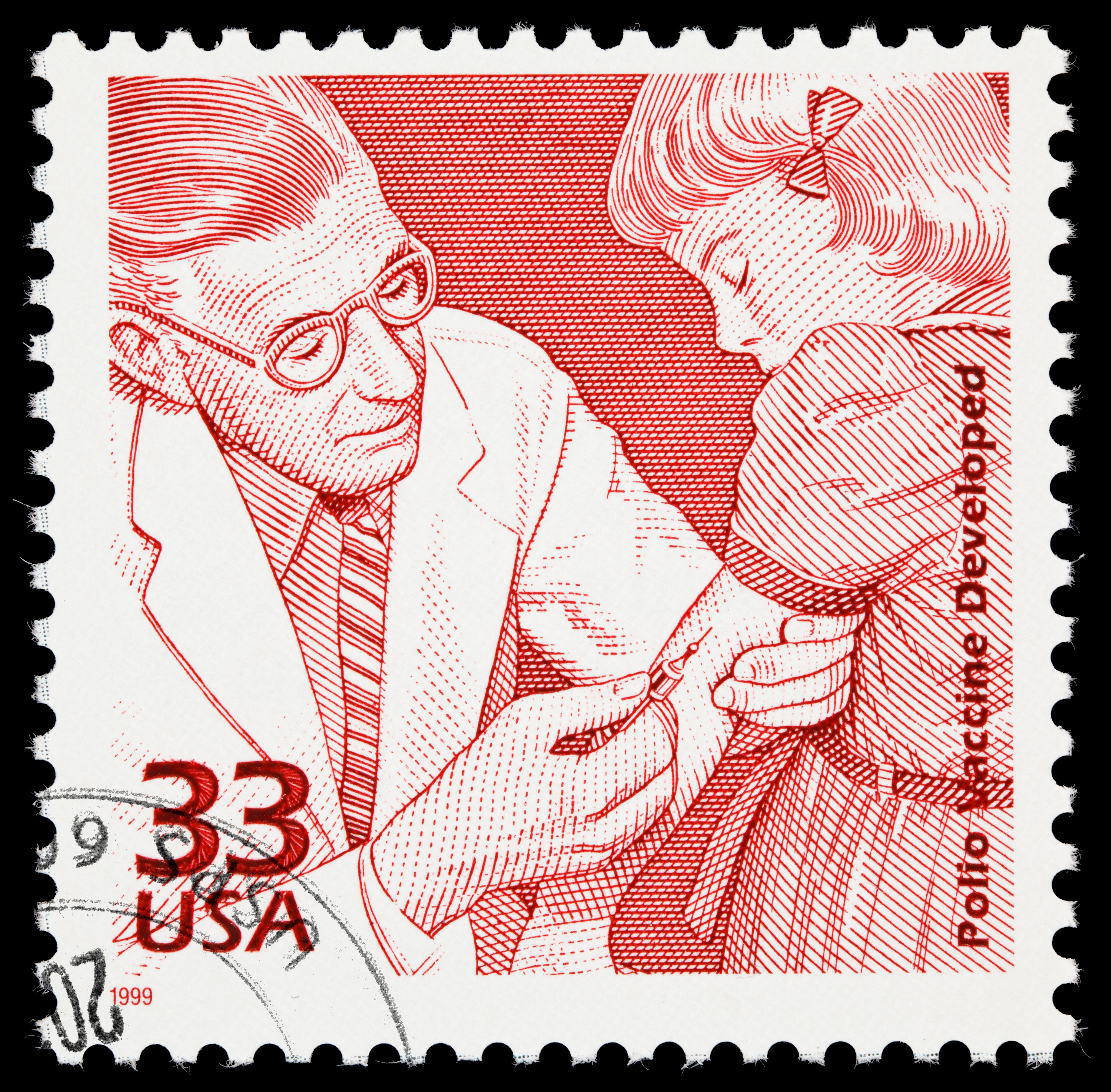Some experts estimate that between 60 to 80 percent of a person’s health condition is influenced by social factors, far outpacing the impact of direct clinical care¹.
Nutrition, housing, transportation, literacy and education, safety, language and social support are social determinants of health (SDOH) and are key drivers of health outcomes.
The World Health Organization defines SDOH as “the conditions in which people are born, grow, work, live, and age, and the wider set of forces and systems shaping the conditions of daily life.”²
Leaders across healthcare are recognizing the power of...
We asked industry thought leaders from across the healthcare ecosystem to weigh in on their predictions, hopes and ruminations for the year ahead.
From cancer therapy to data sharing to patient apps to affordability, we share some of 2019's most thoughtful predictions.
Here's what healthcare's thought leaders are saying.
It always surprises me that when attending industry conferences, the discussions inevitably revolve around “the future” of artificial intelligence, machine learning and personalized medicine. My reaction? These innovations and practices aren’t impending, they’re already here.
It’s Thanksgiving and a good time to remember the pilgrims. Nearly 400 years ago, a hardy band of about 100 Pilgrims set sail from England on the Mayflower, heading for America. They were willing to brave the perils of the Atlantic in order to fulfill their hopes and dreams of a new life.
After 66 days at sea, they reached land and settled in Plymouth, Massachusetts, where they established a colony. But their struggles weren’t over. They faced a cold, hard New England winter and nearly half the settlers perished.
A year after their arrival, following the first harvest, the Pilgrims invited...
Most allergy sufferers know that receiving a series of allergy shots can prevent sniffling, sneezing, and red eyes. But not everyone is aware of how it actually works. The shots contain a very small amount of the allergen, the thing that is causing the problem. While the allergen introduced into the system isn’t enough to cause sickness, it does set off an alarm telling the body’s immune system it’s time to get to work. Over time, the doses get larger and eventually help the body develop a tolerance to the allergen. In other words, the body becomes immune to the invader.
This concept is a...
Last week, an op-ed was published in the New York Times that asked an important question: Are patients being misled by the promise of precision medicine? The article, which focused on the treatment of various forms of cancer, posited that the successes achieved through precision medicine are relatively few when compared to its failures¹.
Precision medicine is a term that has been trending for several years (just try googling it). Previously, the healthcare industry had tried other avenues to produce better outcomes at lower costs. While the hype around what precision medicine can achieve for...
Imagine living with pain every day—when a four or five on a ten-point scale is a good day and eight or nine amounts to about a third of your days. Imagine not being able to do the thing you love – travel - because of noises, lights, smells, weather, and sleeping conditions. No more visits to the beach because of heat and bright sunlight. Cancelled plans, countless visits to doctors and emergency rooms, and trying to exist in a controlled environment of low light and minimal noise.
That’s the life my sister lives – a life trying to cope with chronic migraines. And it breaks my heart.
My...
Healthcare and the practice of medicine has certainly come a long way since the founding of the United States in 1776. In honor of the 242nd birthday of the U.S., we thought it would be interesting to see how far we have come since our nation’s birthday. Check out some of the major medical milestones, contributions of American scientists and relish your luck in being born during the modern medical era.
Location matters, especially when it comes to tumors in colon cancer. The issue of “sidedness” – whether tumors are located on the right or left side of the intestine – and what impact that has on the progression of metastatic colorectal cancer (CRC) has been a topic of discussion in the clinical community for several years. A complete understanding of sidedness has not been well understood by researchers and clinicians. Is sidedness an independent driver, confounded by other factors, or a simply a surrogate for other determinants? By leveraging artificial intelligence (AI) and causal...
Four out of ten people with asthma don’t respond to their prescribed medicine. The same is true for half of arthritis sufferers. For cancer patients, the number is worse, with nearly eight out of ten patients failing to benefit from an FDA approved drug1.
What does this mean for healthcare? It means on average, half the treatments launched and prescribed in our three trillion dollar a year healthcare system are not effective for those they are intended to help. While these drugs have been rigorously developed, the fact is they simply don’t work for everybody.
And drugs are not the only...


![2019 blog blue[3]-1](https://info.aitiabio.com/hubfs/2019%20blog%20blue%5B3%5D-1.jpg)








